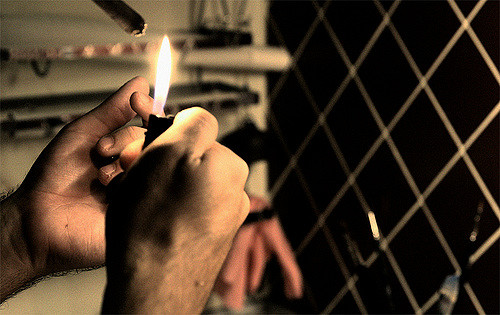Carbon monoxide is a flammable gas that is produced when carbon combusts. It does not have a color, taste or odor. That is why if you have carbon monoxide in your home, then you will not know it unless you have a detector. There are several important facts that you need to know about carbon monoxide.
Your Appliances can Create Carbon Monoxide
Malfunctioning appliances are one of the top causes of carbon monoxide in the home. This includes things such as gas stoves, furnaces and space heaters. Make sure that you schedule regular maintenance for your appliances. This will ensure that they stay in good condition, which will reduce the amount of carbon monoxide the appliances produce.
Carbon Monoxide Exposure can Cause Unpleasant Symptoms
Exposure to low levels of carbon monoxide may not cause any symptoms. However, if you are exposed to large amounts carbon monoxide, then you are likely to develop symptoms. You may also develop symptoms if you are exposed to carbon monoxide for a long time. This includes things such as vomiting, nausea, blurred vision and confusion.
In some cases, the symptoms of carbon monoxide exposure are mistaken for other illnesses such as the flu. Children are more likely to be adversely-affected by carbon monoxide. Other high risk groups include pregnant women, the elderly and people who already have heart or lung problems.
Carbon Monoxide Exposure can Lead to Death
It is estimated that 400 people in the United States die due to carbon monoxide exposure each year. When carbon monoxide is inhaled, it binds with the hemoglobin in the body. The hemoglobin is the protein that carries oxygen in the red blood cells. Carbon monoxide will deplete the oxygen in the body, which can eventually lead to death.
What to do if you Suspect Carbon Monoxide Poisoning
It is important to have a carbon monoxide detector in your home or building. If you suspect that you or someone else has carbon monoxide, then you should move to fresh air immediately. Call 911 and do not return to the building until you have been given the okay to do so.
It can be scary to know that hundreds of people die from carbon monoxide each year. However, these deaths are preventable. Taking the time to learn about carbon monoxide and how to reduce the levels in your home will help prevent deaths. Calling 911 and getting fresh air will also help prevent deaths from carbon monoxide exposure.








